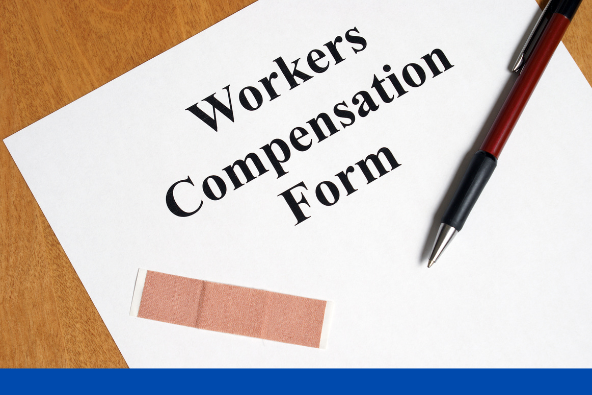Workers Compensation Insurance - How Much Does It Cost?
If you’re a business owner and wondering how much workers’ compensation insurance costs, this article can help. Workers’ compensation insurance is mandatory for companies that have employees in most states in the US. The purpose of this insurance is to cover employees for on-the-job injuries and illnesses and pay for the medical bills that arise from those injuries, as well as a portion of lost wages due to time away from work for recovery. The rates for workers’ comp vary from state to state and reflect the medical costs and wage benefits in each particular state.
The core premium for workers’ compensation is based on two factors: the rate for each classification of workers on the policy and the amount of payroll in each of those classifications for the year. A workers’ comp classification is the category of work generally performed by the business or the employee. There are hundreds of classifications in the workers’ compensation rating manual, and there are several rules governing how to apply those classifications.
Generally, the operations of the company mandate which classification is used. For example, a landscaping company will use the landscaping class for all employees, except for clerical employees who work strictly in the landscaper’s office. When looking at the workers’ comp manual under landscaping, it’ll indicate a rate which is then multiplied by the payroll of the landscape workers per one hundred dollars.
There are several other multipliers, factors, and elements that come into play when calculating workers’ comp costs. These can include experience modifications, premium discounts, and policy fees. To reduce the cost of workers’ compensation insurance, businesses can implement safety programs, ensure proper employee training, and have a return-to-work program in place for injured employees.
The article is about workers’ compensation insurance costs and how they are calculated. Workers’ compensation insurance is mandatory for businesses with employees in almost all states in the US. The purpose of workers’ comp is to cover employees for on-the-job injuries and illnesses and pay for the medical bills and lost wages due to time away from work for recovery. The premium for workers’ compensation is based on two factors: the rate for each classification of workers on the policy and the amount of payroll in each of those classifications for the year.
The rates for workers’ comp are different from state to state and reflect the medical costs and wage benefits in each particular state. There are several multipliers, factors, and elements that come into

play, such as loss cost rates, loss cost multipliers, and experience rating modifiers. Risk greatly influences the cost of workers’ compensation insurance. The greater the risk of someone being injured, the higher the rate will be to cover the potential future claims for that classification. The size of your premium, your loss history, and the insurance company you’re insured with are other factors that determine workers’ compensation insurance costs.
These article discusses the complexity of pricing for workers’ compensation insurance, which varies depending on many different factors. They suggest that it can be challenging to determine the best rate for coverage and that it may not be worth the effort to try to do so on one’s own. The speaker, who is an insurance broker, recommends hiring an expert to shop the marketplace for you and make a recommendation based on their expertise. They argue that it is especially important to have an advocate in the insurance industry, as things can easily go wrong and become very costly.
The article acknowledges that there may be some cases where a small or low-risk firm can handle workers’ compensation insurance without an expert’s assistance, but they still believe it is not the best use of one’s time and resources. On the other hand, larger companies with more employees face more unique risks and challenges and would benefit from having an expert handle their workers’ compensation insurance.
The article concludes by emphasizing that workers’ compensation insurance pricing is not as simple as payroll times rate and that there are many moving parts. They believe that the more complex your business is, the more of an expert you need when it comes to workers’ compensation insurance and business insurance in general. They invite those interested in their services to contact them for a consultation, with no pressure to buy, and see if they are a good fit for their business.




